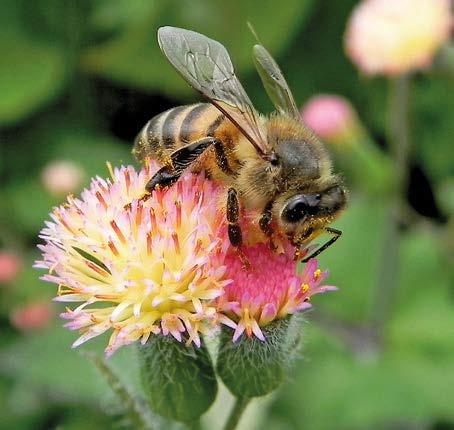Catalina Gutiérrez Chacón
I will evaluate pollination of Granadilla Passion Fruit (Passiflora ligularis) in relation to the amount and configuration of the natural forest in the landscape.

Ecosystem services to agriculture, such as pollination, rely on natural areas adjacent to agricultural fields that support organisms that provide services. Bees, the main pollinator taxon, are affected by the loss of natural and semi-natural habitats associated with agricultural expansion, presumably through removing non-crop food and nesting resources. Hence, higher proportions of natural habitats in the landscape seems to enhance pollinators’ diversity and the pollination service. However, the information is derived mainly from areas with extreme levels of habitat loss and temperate regions. I will evaluate the associations between the amount and configuration of forest areas and the provision of pollination service in a Neotropical landscape located in Colombia. For doing so, I will conduct a field-based experiment, establishing Granadilla Passion Fruit plots along a gradient of forest amount. Two pollination treatments will be applied in each plot: plants exposed to open pollination (allowing insect visits) and other plants subjected to supplementary pollination, i.e open pollination plus hand pollination. In each plot, I will measure pollinators’ diversity (and life history traits), visitation rate and fruit production.
The study area is of national research and conservation interest with an increasing agricultural activity; it harbors some of the few largest sub-Andean forest patches in Central Cordillera. Because importance of arthropods are scarcely recognized by people, I will include an educational component to raise awareness about arthropod diversity and their role in ecosystem services. This study will contribute significantly to the global understanding of landscape effects on pollinators and the pollination services and to the scarce information on life-history traits of Neotropical bees. At the regional level, it will contribute to the knowledge of bee fauna and the pollination of the Granadilla passion fruit, a poorly studied crop species. At local scale, it will help raise awareness about bees and their importance for ecological processes and human wellbeing.